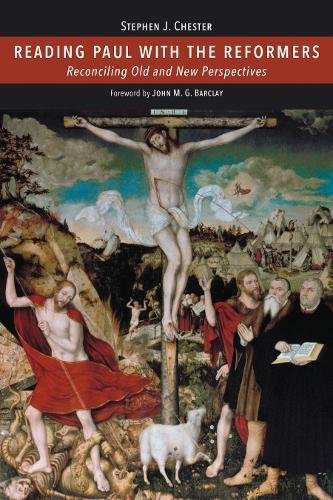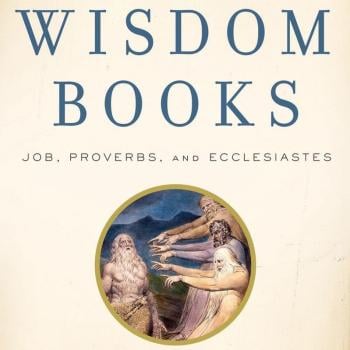Ben. Let’s talk about the misunderstandings by the New Perspective on Paul advocates of the Reformers. The flash point seems to be justification, with various readers thinking Luther and Calvin had a forensic view of justification, involving perhaps a legal fiction. Why is this view wrong, and what is wrong with it? Is this just later misinterpretations of the Reformers predicated of them in some cases by their latter day advocates? Or is it only partially wrong? You seem to make clear that its actually Melanchthon who has the more forensic view of things— yes?
Stephen. This is very important. Luther, Melanchthon, and Calvin all freely use the term imputation in relation to justification, but I do not think that they use the term in the way it is typically used today. When we say that righteousness is imputed the image it evokes for us is righteousness as a substance that is passed across the divine courtroom from Christ to the believer. Tom Wright and others are certainly correct to point out that this idea is absent from the Pauline texts. However, this is not what these three Reformers mean by imputation. For both Luther and Calvin, the believer certainly receives Christ’s righteousness but it is not transferred from one to the other. Rather, faith unites believers with Christ and within this union of persons those who are in Christ receive his righteousness, inserted into his victorious person. There is exchange, for Christ receives the sins of the world and in return the believer receives his righteousness, but this exchange can only take place within a union of persons. If there is a transfer it is the believer who is transferred from the realm of sin and death into Christ and the reign of grace. In this way any danger of a legal fiction is avoided, for Christ is a powerful transforming presence. Calvin in particular is always concerned to place this in Trinitarian perspective, seeing the faith that unites the believer with Christ as the work of the Holy Spirit.
Melanchthon is a little different, since he does not characteristically stress union with Christ in the same way. He speaks of justification as relational, with Christ as the mediator who through his saving death intercedes before God and pleads the believer’s case before the Father. In his view, the believer is accepted by God on account of Christ. Already in the 1530s Melanchthon’s first critics (e.g. Johannes Gropper) saw this as a legal fiction, but Melanchthon is at least always concerned to stress that at the same time as a person is justified the gift of the Holy Spirit brings about transformation and renewal. This renewing work of the Spirit is not itself part of what Melanchthon understands by justification but he insists that it always accompanies justification.















